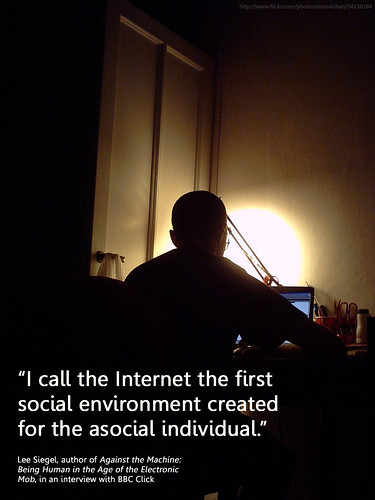Everyday heroes we encounter are important influences on our lives. They have the ability to alter our thinking and, often, even the direction of our decision-making. This post is part of a series I am writing about the heroes I have met.
Name: Sandhya
Profession: mechanical engineer
Marital Status: married
Children: son and daughter
Place of Origin: Pune, India
How we met:
In 1985, a friend of mine asked me whether there was any possibility that I would take on a boarder from India for six months. Sandhya had been selected by a UN committee to be included in a group of 28 women engineers from various developing countries to go and do research at universities in England and Germany. Sandhya had arrived in Germany three weeks previous and was in misery. The university made arrangements for her to live in a student residence. She hadn’t had much to eat since she arrived because she could not face the general filth of the communal kitchen and the stink of the meat. My friend knew I was a vegetarian and so she hoped I would allow Sandhya to live with me until her contract was over and she returned to Pune.
The arrangement was that she would have my living room as a bedroom and we would share kitchen and bathroom. In my mind, it was just a practical solution to a bad situation. She was having a hard time adapting to the southern German love of meat in every form and manner. I had a room she could use. I wasn’t looking for friendship.
When I met her, we went through the guidelines of this arrangement: we’d each buy our own food, each person wash their own dishes, I liked to shower in the mornings if she could shower in the evenings, she could do laundry any time she wished, she could use the phone and just needed to keep a list of the calls she makes… It wasn’t a business arrangement (she wasn’t paying rent), but it was rather cut and dry.
The first evening she came back from working at the research institute she was loaded down with all sorts of groceries. After a perfunctory “how was your day” sort of conversation, I went into my bedroom to read and listen to music. In the next hour, all sorts of delightful aromas began to whiff under my door. A tentative knock, Sandhya asked whether I would like to share her dinner with her. I thought it would be rude not to do so on the first evening of her arrival, and accepted happily. It goes beyond my ability to describe how delectable the meal was.
This procedure happened the next night and the night after, at which time it became very apparent that Sandhya loved cooking, I loved eating, and we had endless topics to converse about.
How she changed my thinking:
Sandhya had a husband and small son back home (she had a daughter as well later on). Her parents were both teachers. She had had an arranged marriage. When I asked her whether she was happy with her marriage, she asked me to be more specific. So, I asked her if marriage had lived up to her expectations. At this, she laughed and laughed, and said it is better not to have any expectation about marriage, for they are bound to be disappointed. The expectations, not the person.
She told me that she truly thought there were no persons better to judge who she should marry than the people that loved her most on this earth- her parents. She couldn’t imagine any twenty-year-old having enough maturity or sense to chose properly someone for her to spend her whole future with. Also, even though she went into her arranged marriage with full acceptance, she knew that her children would marry for love. It wasn’t because she discounted the practice of arrange marriages, she just knew that her world was changing.
Sandhya showed me there was another world outside of the one I had experienced and the one portrayed by the media. She made me realise that love need not be the initiator for marriage, as long as it becomes the motivator to stay married. She also showed me that her blind trust in her parents ability to choose wisely, contradicted mine completely in my parents. I always resisted my mother’s vain attempts at matchmaking. These ranged from the lonely Scotsman who played his bagpipes at sunrise on the edge of the cliff outside my parents’ home, to a charming ne’re do well who said he worked for the US treasury, but everyone suspected he was a spy.











